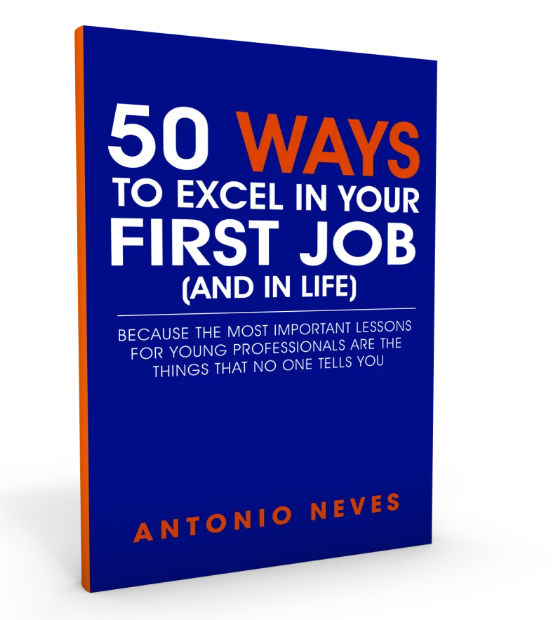 The most powerful meeting that aspiring entrepreneurs or young professionals can have isn’t a job interview. It’s an informational meeting.
The most powerful meeting that aspiring entrepreneurs or young professionals can have isn’t a job interview. It’s an informational meeting.
What’s an Informational Meeting?
An informational meeting is an opportunity to meet with someone you can learn from. It’s a great way to expand your network, increase your influence, and build your brand.
You could meet with someone:
- Who has or had your dream job
- Who works with organization that you want to learn more about
- Who knows about an industry that you would like to explore
- Who has experienced similar challenges you are facing
- Who you connected with at a networking event or conference
- Who attended a graduate school or program that you are considering attending
- Who currently lives in a city that you’ve always wanted to move to
How to Get an Informational Meeting
The best way to secure an informational meeting is to tap into your existing network. Your network includes your colleagues, family and friends, friends of friends, former professors, college alumni networks, social networks, people you’ve met at networking events and beyond.
Once you identify people to contact, send them a brief email. Introduce yourself, share how you came across them, and tell them a little about yourself. From there, ask for 15 minutes of their time for an informational meeting to discuss what you would like to learn from them.
Before the Meeting
Once you secure the meeting, prepare as much as possible. Learn as much about the person, their background, and their work as you can. Review any information about them on the internet. Prepare great questions and have a goal of what you’d like to get out of the meeting.
During the Meeting
During the meeting, the focus should be on them. You’re there to learn and to be a sponge. Soak up their wisdom. Avoid asking questions that could be answered with an easy web search. Most of the time, the meeting will shift to you. When it does, be ready to talk about your aspirations and goals and to share your story.
Let’s be clear. An informational meeting is not a job interview. Do not ask for a job during an informational meeting. If you do, you will immediately lose any goodwill or trust that you’ve built. Instead, be so impressive that they want to learn more. From here, you can share your about.me page.
After the Meeting
End the meeting by asking, “Is there anyone else you think I should meet?” If they’re impressed by your preparation and questions, they’ll gladly refer you to someone for another informational meeting. Recommendations are critical and can open doors to new connections.
Lastly, follow up by sending a handwritten thank you card. Taking the time to purchase a card, write something thoughtful, and mail it is priceless.
Never take for granted that people enjoy helping others. Chances are that someone helped them in their career, and they are willing to reciprocate.
This post is an edited excerpt from the author’s book, 50 Ways To Excel In Your First Job (And In Life).













